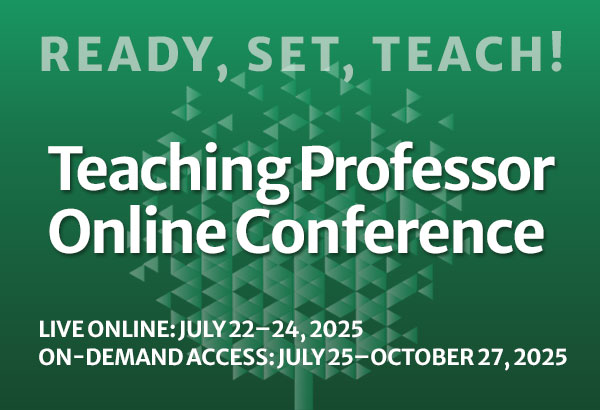Faculty: Getting in the Way of Learning
Students can disrupt a class—most of us have experienced that firsthand—but so can teachers. Teacher misbehaviors can also be disruptive. They can get in the way of learning. Sometimes these teacher behaviors are unintentional. Sometimes they are misunderstood by students. Sometimes teachers are tired and








